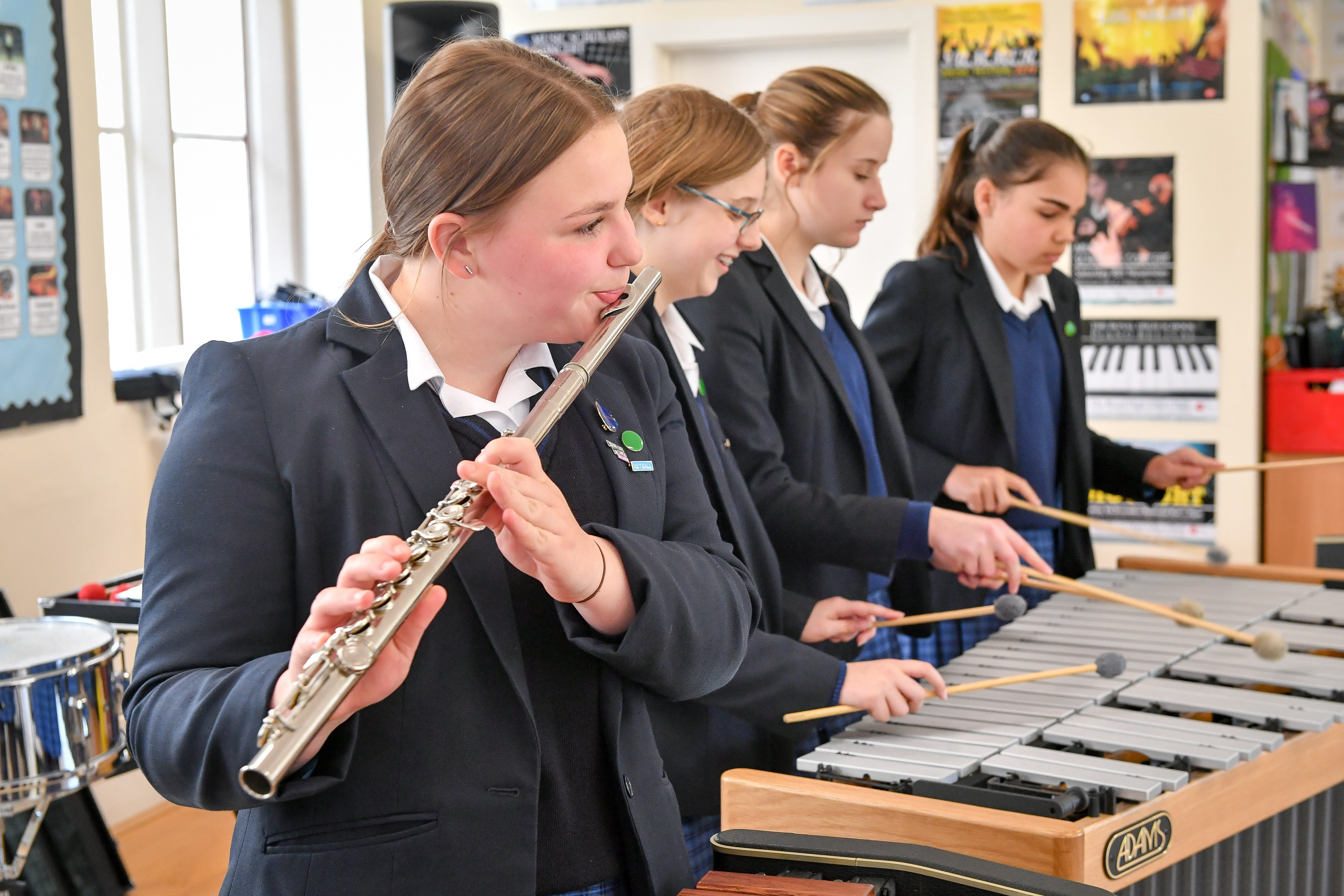‘GCSE creative arts subjects at risk of becoming preserve of private schools’
The Association of School and College Leaders urged the Government to ‘make state education a priority and fund it properly’.

Your support helps us to tell the story
From reproductive rights to climate change to Big Tech, The Independent is on the ground when the story is developing. Whether it's investigating the financials of Elon Musk's pro-Trump PAC or producing our latest documentary, 'The A Word', which shines a light on the American women fighting for reproductive rights, we know how important it is to parse out the facts from the messaging.
At such a critical moment in US history, we need reporters on the ground. Your donation allows us to keep sending journalists to speak to both sides of the story.
The Independent is trusted by Americans across the entire political spectrum. And unlike many other quality news outlets, we choose not to lock Americans out of our reporting and analysis with paywalls. We believe quality journalism should be available to everyone, paid for by those who can afford it.
Your support makes all the difference.GCSE subjects such as drama, music and media are at risk of disappearing from state schools and being available only to children whose families who can afford to have them educated privately, a headteachers’ union has warned.
The decline in provisional entries for some creative arts subjects has been described as “worrying” by the Association of School and College Leaders.
Entries in drama fell 5.4% this year compared with last, music was down 3.6%, and media, film and TV studies dropped 3.3%, according to provisional figures from Ofqual.
Design and technology was down 5%.
It is worrying to see that the number of GCSE entries to several creative arts subjects, as well as design and technology, have fallen this year – part of a long-term decline in these subjects
Geoff Barton, general secretary of ASCL, urged the Government to “make state education a priority and fund it properly”, highlighting the “huge extra cost pressures” faced by schools due to rising energy costs.
He said: “It is worrying to see that the number of GCSE entries to several creative arts subjects, as well as design and technology, have fallen this year – part of a long-term decline in these subjects.
“This is driven by Government performance measures which favour traditional academic subjects at the expense of other subjects, and funding pressures which make small classes difficult to sustain.
“Schools now face huge extra cost pressures because of rising energy costs and pay awards for which there is no additional government funding.
“This will make it even more difficult to sustain small-entry subjects and there is a danger that some of these subjects will largely disappear from the state education system and become the preserve only of families who are wealthy enough to afford private schools and clubs. The Government must make state education a priority and fund it properly.”
The Department for Education (DfE) said it provides a range of school resource management tools to help them get the best value from their resources.
The Government said it is also updating and strengthening guidance to inform schools of the market and commercial position on energy costs and ancillary services relating to energy, while the Get Help Buying For Schools service will also be able to offer support to schools in switching and entering new contracts.
Acknowledging the different circumstances for different schools, the DfE advised those in serious financial difficulty to contact their local authority or the Education and Skills Funding Agency.